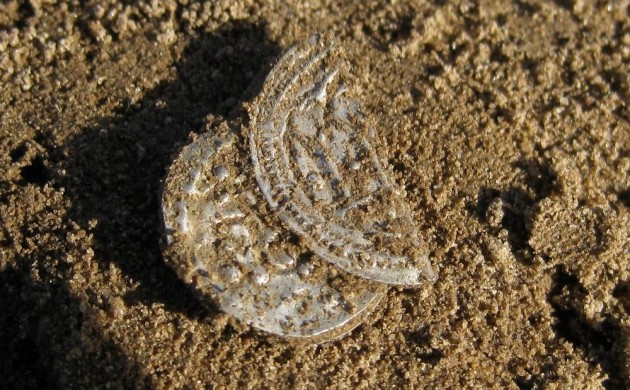In today’s Gospel the Lord has pity on the widow of Nain and raises her young son from the dead. There are abundant reasons for compassion toward the poor widow. The Old Testament is full of exhortations to not exploit widows and orphans; widows were in a very vulnerable situation, and even more so without children to help them. The Promised Land for the Jews was also linked to heritage; your line determined your tribe and your right to a portion of the Promised Land, and the widow’s birthright without a son would die with her.
The pain a parent experiences at having to bury a child is beyond words. We can wonder if Our Lord looked upon her in her grief and imagined the pain his own mother would soon experience as he was taken down, lifeless, from the cross at Calvary. The Blessed Mother couldn’t be spared this sorrow, but this poor woman could. Finally, Our Lord took pity on everyone who witnessed this scene. Death was the ultimate source of hopelessness. In his earthly life Our Lord did not raise many from the dead, and it was the raising of Lazarus in John’s Gospel that signaled the final decision of the Sanhedrin to kill Jesus (see John 12:9-10). If word spread like wildfire of this miracle it was because death was revealed to not be the last word.
This miracle was the crack of dawn of what would soon blaze in the Resurrection of Christ from the dead. Death no longer has the last word. Let’s strive to be compassionate toward others, especially those who have lost a loved one, and encourage them with the certainty that, thanks to Christ, death does not have the last word.
Readings: 1 Timothy 3:1–13; Psalm 101:1b–3b, 5–6; 7:11–17.

